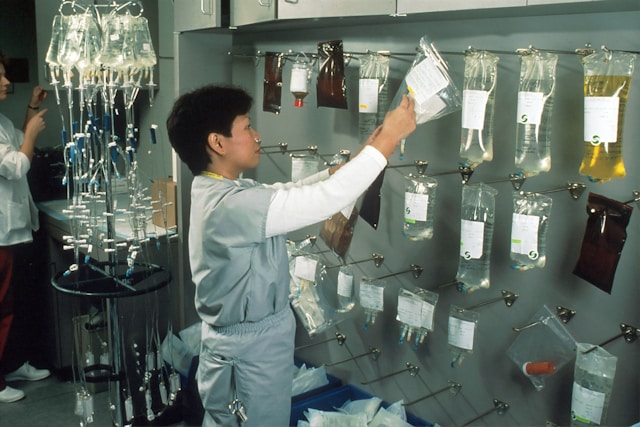UNDP is advancing care economy reforms across Asia-Pacific, helping countries formalize and value unpaid care work. India pilots childcare models; Malaysia develops a national care framework; Bangladesh links climate resilience with women’s livelihoods; Nepal empowers marginalized women through income support; Mongolia reforms care policy; Pakistan strengthens legal rights; and Maldives challenges gender norms through youth education.
Across the Asia-Pacific region, women shoulder a disproportionate share of unpaid care and domestic work, limiting their participation in formal employment. According to UNDP, monetizing this work could add 3.8 trillion dollars to the regional economy and create nearly 300 million jobs if properly valued and supported through policy and social protection reforms. To achieve this, countries are piloting diverse initiatives that aim to formalize care work, improve job quality, and strengthen gender equality.
In India, UNDP is pioneering affordable childcare solutions for low-income urban families to help women transition from unpaid care to formal employment. Through public–private partnerships and innovative financing, the initiative supports community-based and workplace childcare centers, as well as entrepreneurship-led care models known as “carepreneurship.” These pilots are being implemented in collaboration with partners and include professional certification programs for roles such as crèche managers and care entrepreneurs. By fostering an urban childcare ecosystem, this initiative is helping women enter the workforce while improving children’s access to quality care services.
Malaysia, facing rapid demographic ageing, is shifting the care narrative from a private responsibility to a public priority. The share of Malaysians aged 65 and above is expected to rise from 8.1 percent in 2024 to 14.5 percent by 2040. UNDP’s collaboration with the Ministry of Women, Family and Community Development has led to the 2023 report “Enabling Investments into the Malaysian Care Economy,” which reframes care as essential infrastructure. Building on these findings, UNDP is advising on the Malaysia Care Strategic Framework and Action Plan (2026–2030), the first nationwide effort to institutionalize care services, including the establishment of community-based care models.
In Bangladesh, climate change has compounded women’s unpaid care workload, particularly in drought-prone and flood-affected communities. UNDP and UNCDF have rolled out nature-based solutions such as rainwater harvesting and solar irrigation across 29 upazilas, benefiting over 65,000 individuals. These interventions, reaching more than 36,000 women, reduce the time spent on basic household needs while supporting over 42,000 households in adopting climate-resilient livelihoods. By integrating adaptation policies with local development, the program empowers women to balance care work with income generation through eco-entrepreneurship.
Nepal’s Prayash initiative, jointly implemented by UNDP, UN Women, Rastriya Banijya Bank, and Pokhara University, provides temporary income and livelihood support to marginalized women affected by the pandemic. Targeting single mothers, women with disabilities, and former daily wage earners, the initiative has helped more than 2,350 women regain financial independence and dignity. Through training in financial literacy and linking beneficiaries to formal economic opportunities, Prayash embodies UNDP’s broader Equanomics agenda, which seeks to integrate social protection with gender-responsive economic empowerment.
In Mongolia, where women perform four times more unpaid care work than men, UNDP has supported legislative reforms that explicitly incorporate gender and care considerations into employment and education policies. The organization is also conducting market assessments to identify care service gaps and develop blended finance solutions to expand access for children, the elderly, and persons with disabilities.
Meanwhile, in Pakistan, UNDP’s Access to Justice initiative is increasing legal support for marginalized care workers, including women, transgender persons, and people living with HIV. The project has reached 10,000 individuals and built referral systems connecting legal aid to healthcare and shelter services, ensuring protection and rights for care workers.
Finally, in the Maldives, UNDP is tackling the social norms underpinning unpaid care through the Eku’ Ekee youth peer education program, which promotes gender equality and non-violence. By engaging youth, including persons with disabilities, the initiative helps shift attitudes that perpetuate unequal care burdens.
Together, these country initiatives illustrate how integrating care into economic planning, legal frameworks, and social protection systems can transform unpaid labor into a source of empowerment, employment, and sustainable development across the Asia-Pacific region.




